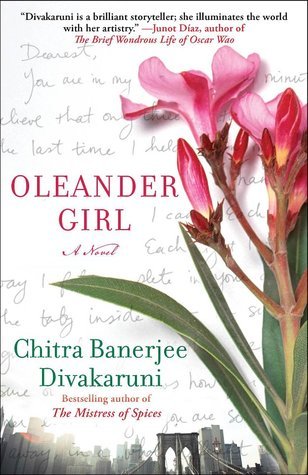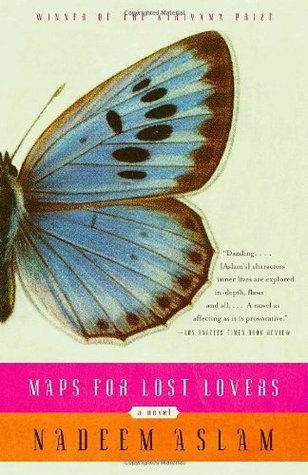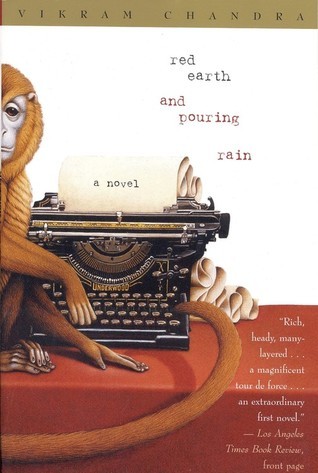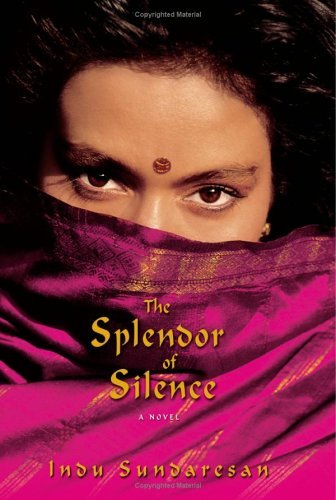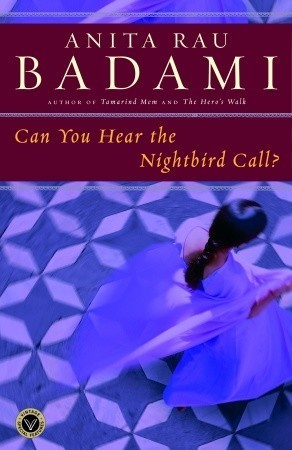
The Last Song of Dusk
Book Description
Amidst the vibrant chaos of a dying city, love blossoms and withers under the weight of destiny. Characters entwined in a web of longing and despair navigate a world where the past haunts their every step, and secrets threaten to unravel their fragile connections. As the sun sets on dreams and desires, whispers of betrayal echo through the air, raising the stakes with every heartbeat. Can the music of their lives survive the silence that looms? In a tale where passion collides with pain, will the last notes of dusk usher in a new dawn or spell the end of hope?
Quick Book Summary
"The Last Song of Dusk" by Siddharth Dhanvant Shanghvi is a lush, lyrical tale of love, sorrow, and destiny set in early 20th-century India. Told with magical realism and poetic prose, the novel follows Anuradha, a beautiful woman with an enchanting voice, who marries the charming doctor Vardhamaan. Together, they build a life in a mysterious mansion in Bombay, where their happiness is tested by tragedy, betrayal, and the arrival of mysterious strangers. The narrative draws on themes of longing, fate, and the healing power of art, blending real and mystical elements to explore how love endures—or fails—amid loss and heartbreak. Throughout, characters confront ancestral secrets and the inevitability of grief, questioning whether hope can survive in the shadow of overwhelming sorrow.
Summary of Key Ideas
Table of Contents
The Endurance and Fragility of Love
The novel introduces Anuradha, renowned for her beauty and captivating singing, and her husband Vardhamaan, a respected doctor. Their love story, set against the vibrant backdrop of early 20th-century India, appears fated for happiness. However, as the couple settles in an enigmatic mansion nicknamed 'Darya Mahal,' their world soon becomes both enchanted and turbulent. The mansion itself, with its beguiling atmosphere, foreshadows the supernatural threads that will entwine with their lives, grounding the story in magical realism and lending an air of destiny to their journey.
Magical Realism and the Fabric of Fate
Tragedy hits Anuradha and Vardhamaan with the loss of their son, setting both on individual paths of grief and transformation. Their shared suffering drives a wedge between them, and the novel deeply explores how profound grief can alter love, reshaping the bonds between partners. This loss is mirrored by the city's own sense of decay, amplifying the personal stakes of the characters and accentuating the emotional landscape of the narrative.
Loss, Longing, and the Ghosts of the Past
Into this fragile dynamic arrives Nandini, a rebellious and mysterious artist whose presence at Darya Mahal becomes a catalyst for further upheaval. With her wild stories and enigmatic persona, Nandini weaves herself into the lives of the couple, drawing out buried secrets and igniting desires previously unspoken. Her relationship with Vardhamaan, layered with longing and betrayal, challenges the marriage’s foundations and underscores the delicate balance between love and pain.
The Role of Art and Storytelling in Healing
As the characters struggle to navigate their tangled emotions and haunted pasts, the narrative places special emphasis on the vital role that art, music, and storytelling play in survival and healing. For Anuradha, music becomes both solace and expression, while for Nandini, art is rebellion and transformation. The mansion, imbued with mystical symbolism, acts as both sanctuary and prison, amplifying the supernatural elements that guide the characters toward truth, reconciliation, or resignation.
Secrets, Betrayal, and the Price of Desire
Ultimately, "The Last Song of Dusk" closes with a sense of bittersweet acceptance. The characters, irrevocably changed by loss and love, must forge new paths as darkness gives way to a tentative dawn. The story’s enduring message is about the resilience of hope when confronted by betrayal and tragedy, and the fleeting yet transformative power of passion in the face of inevitable sorrow.
Download This Summary
Get a free PDF of this summary instantly — no email required.

